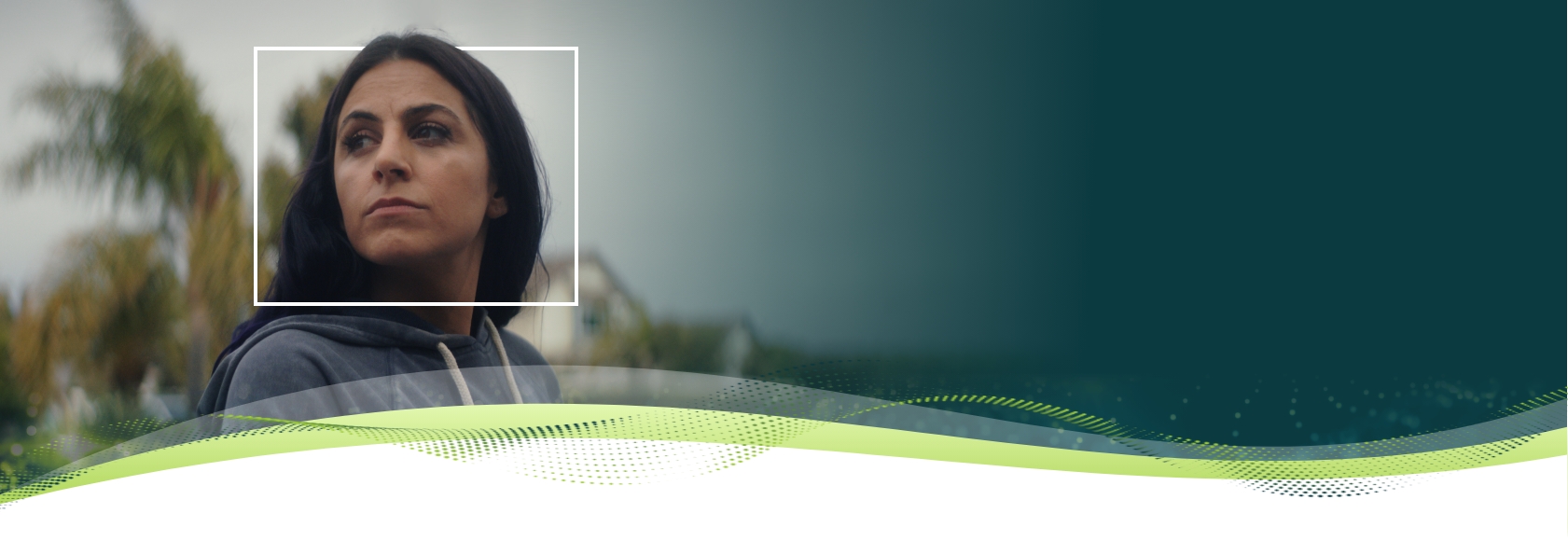Giving Back with a Lasting Impact

Grants
Grants provide funding for projects or activities that increase knowledge in our areas of research, support scientific exchange, and advance community education on important health topics of interest to Cytokinetics without tangible return to the company. Projects or activities should have defined objectives, start and end dates and address a specific medical or scientific need. Cytokinetics awards grants to programs from local, regional, and international organizations that are replicable, scalable and designed to have a lasting and meaningful effect in our communities, including medical or scientific meetings or symposia, awards, scholarships, disease awareness events, patient/caregiver education programs, patient support services, research forums, and research roundtables.
Charitable Donations
Charitable donations provide funding for efforts focused on improving patient care, advocacy or access to healthcare. The primary purpose of a program supported by a charitable donation should be fundraising or similar charitable activities. No benefit may be given to Cytokinetics in return for support unless such benefit is incidental in nature, such as fair recognition of company name on a list of donors, or a seat/table at the charitable event.
Corporate Sponsorships
Sponsorships provide funding for events and/or activities that further the education of the community on important health topics of interest to Cytokinetics. Sponsorships may provide Cytokinetics with exhibit space, banners and other forms of recognition that promote our mission and raise awareness for diseases aligned with our research.
Sponsorships may also include membership in industry or corporate organizations.
Independent Medical Education Grants
Independent Medical Education (IME) is generally defined as education for healthcare professionals (HCPs) provided by an independent educational provider, such as a community hospital, academic center, medical society/association or medical education & communication company. IME grants provide funding for non-accredited and accredited Continuing Medical Education (CME) programs, which offer medical education credits to healthcare professionals upon successful completion. IME must consist of medical educational activities which serve to maintain, develop, or increase the knowledge, skills, and professional performance of healthcare professionals. As part of industry-supported IME, and in keeping with ACCME, AAMC, PhRMA, and other applicable industry guidelines and codes, Cytokinetics has no role in determining content, faculty, or program development of IME.
Cytokinetics will consider supporting medical education activities in the following topic areas:
Hypertrophic Cardiomyopathy (HCM)
- Epidemiology and clinical features of Hypertrophic Cardiomyopathy (HCM)
- Cardiac physiology and pathophysiology of HCM
- Current therapies for HCM and unmet medical need in the treatment of HCM
- Biologic rationale for future HCM therapies
- Exercise capacity in HCM
- Sarcomere Dysfunction as a Therapeutic Target
- Mechanism of Action of Cardiac Myosin Inhibitors (CMIs)
Other research focus areas will be considered so as not to restrict scientific creativity.
Cytokinetics Communications Grant Program
Each year, the Cytokinetics Communications Grant program awards five (5) grants worth $20,000 each to patient advocacy organizations serving the amyotrophic lateral sclerosis (ALS), heart failure or hypertrophic cardiomyopathy (HCM) communities. It is awarded annually to provide funding in support of communications and outreach. The goal of the Cytokinetics Communications Grant program is to assist patient advocacy organizations in expanding their reach, awareness and community engagement by providing resources for new or crucial initiatives that would otherwise be challenging to implement. Funding from the Cytokinetics Communications Grant program supports programming or personnel activities, depending on each organization’s needs.
Eligible organizations must have nonprofit status in the United States and serve patient communities in ALS, heart failure or HCM.
Organizations applying for the grant are required to submit a proposal outlining what activities the Communications Grant will support and the potential impact of the funding. Recipients are responsible for providing an outcomes report to Cytokinetics to measure impact at the end of the funding period.
The application process for the 2023 Communications Grant Program has closed. The 2024 Communications Grant Program will open in September 2023.
Funding Guidelines & Application Process
Cytokinetics receives more funding requests from outstanding organizations than Corporate Contributions can fund. While it is not possible for every organization to receive funding, those that are in alignment with Cytokinetics’ guidelines and mission are given careful consideration.
